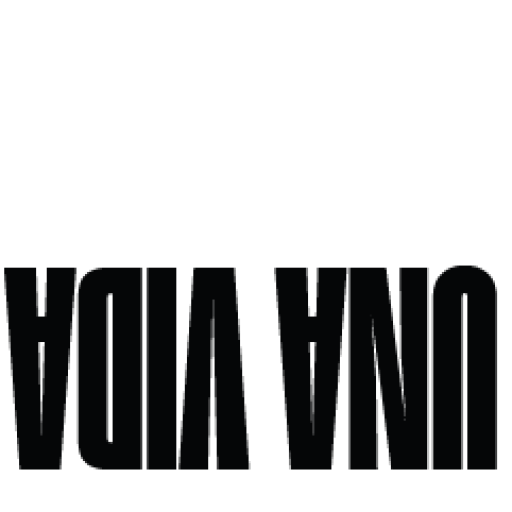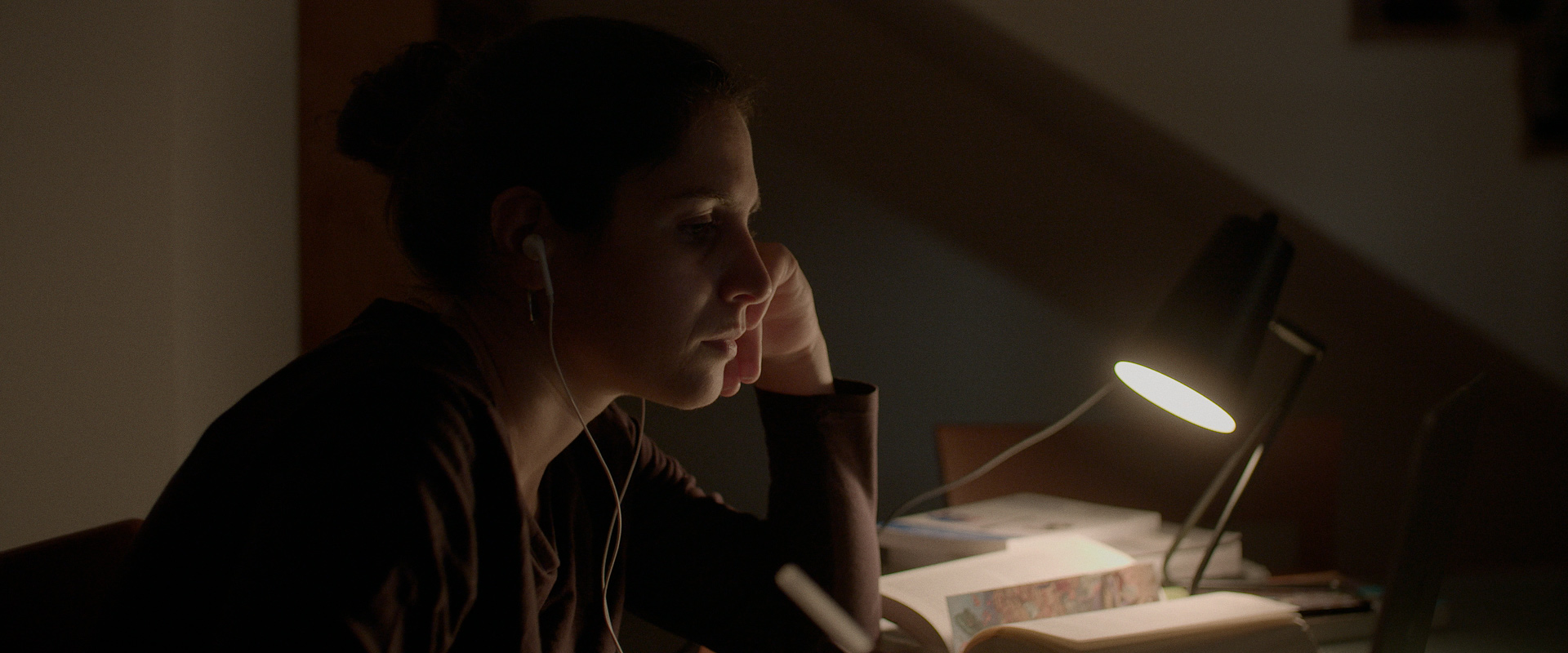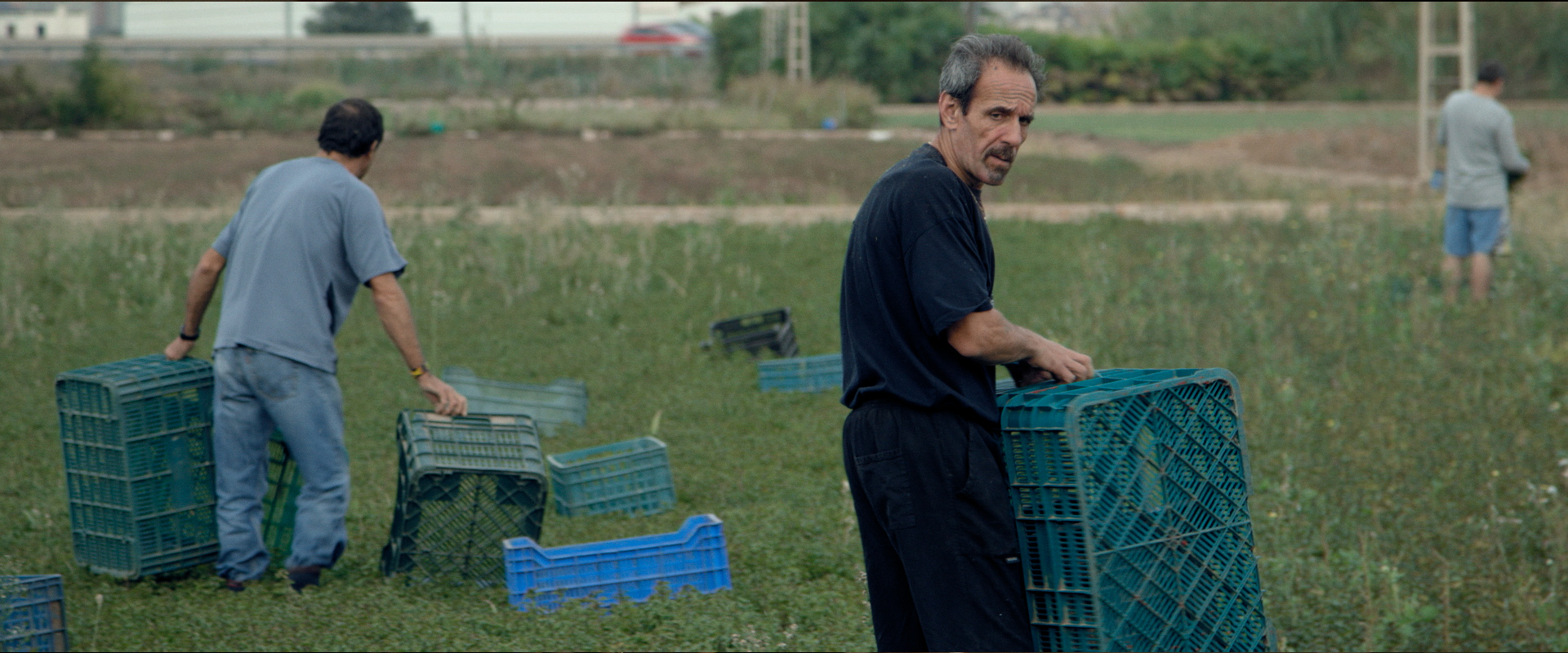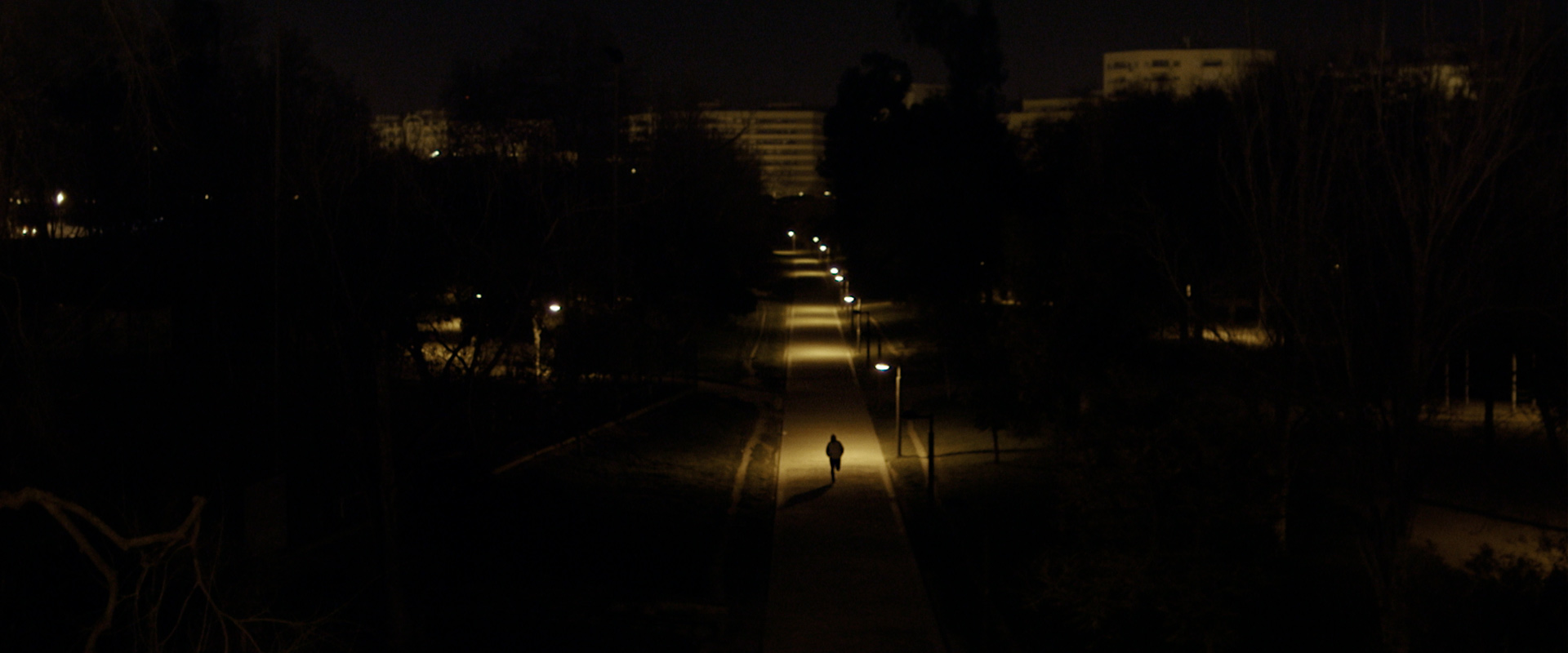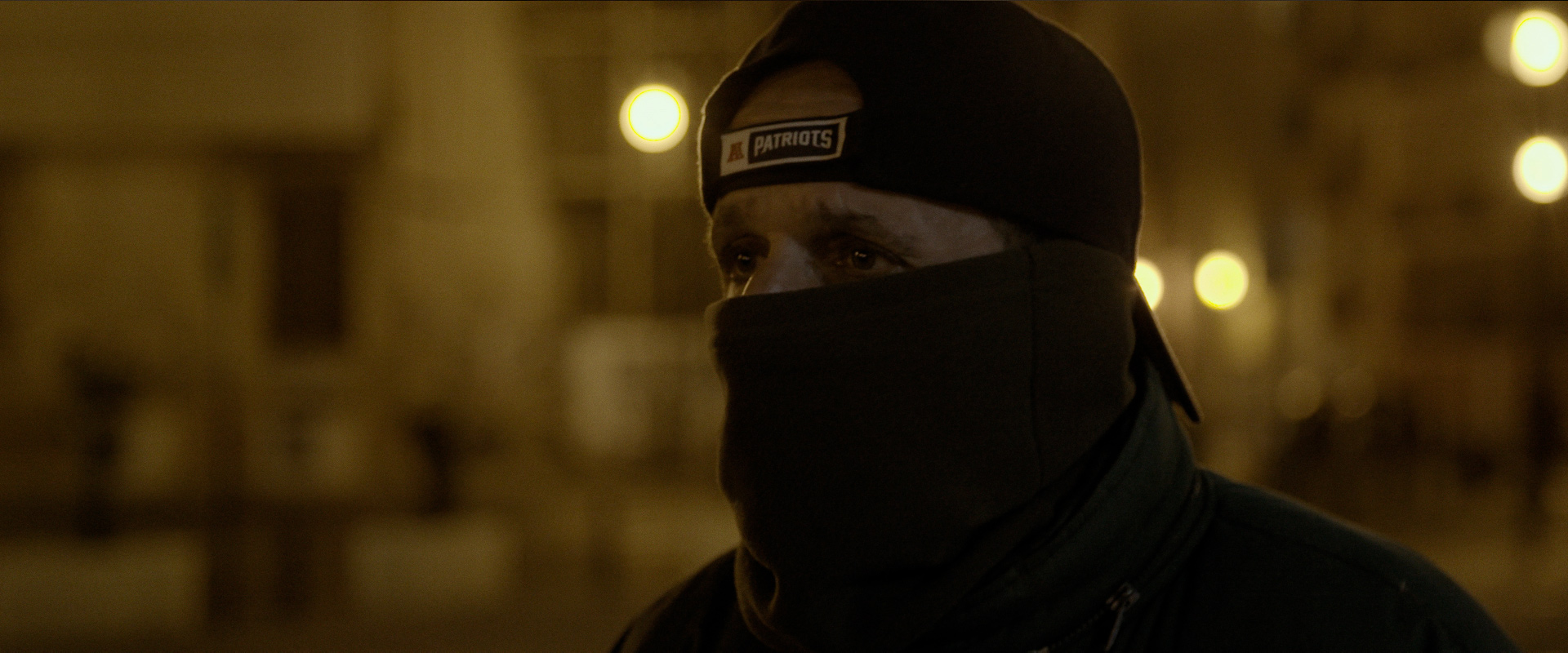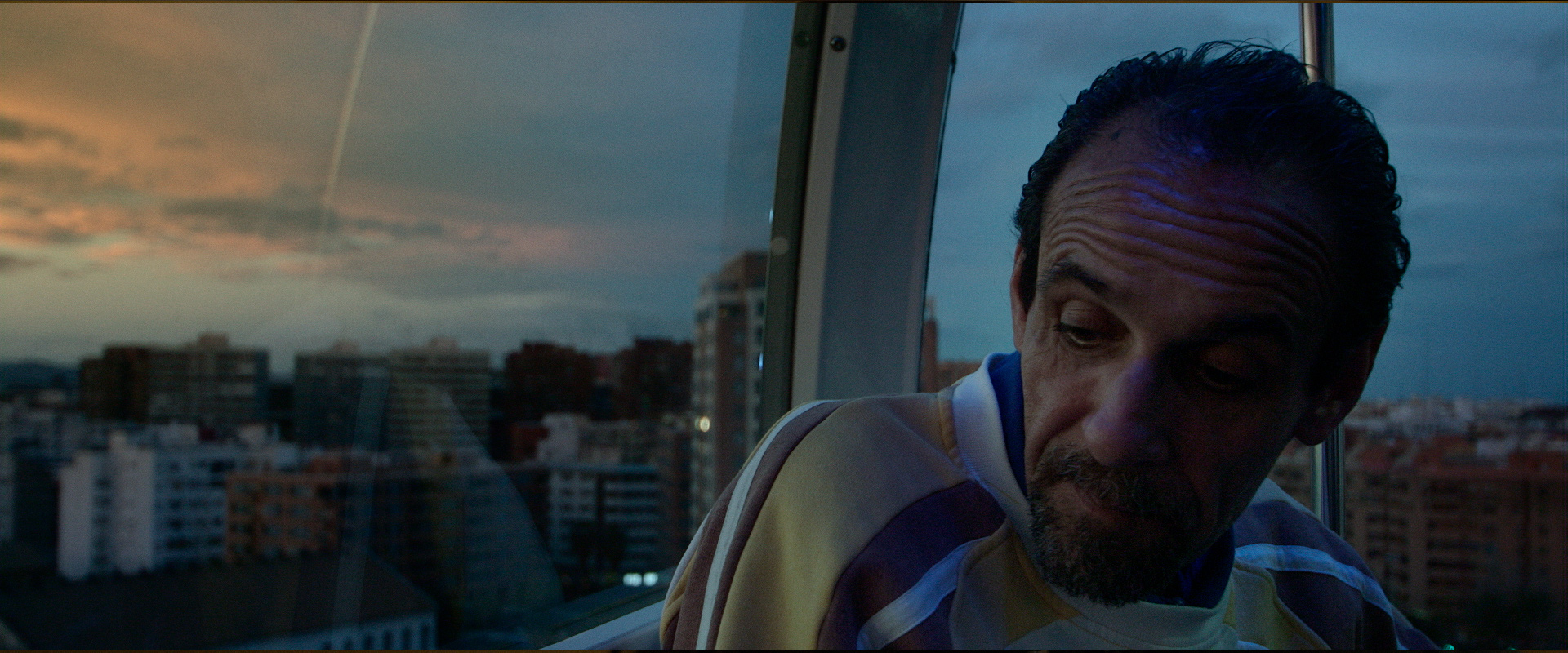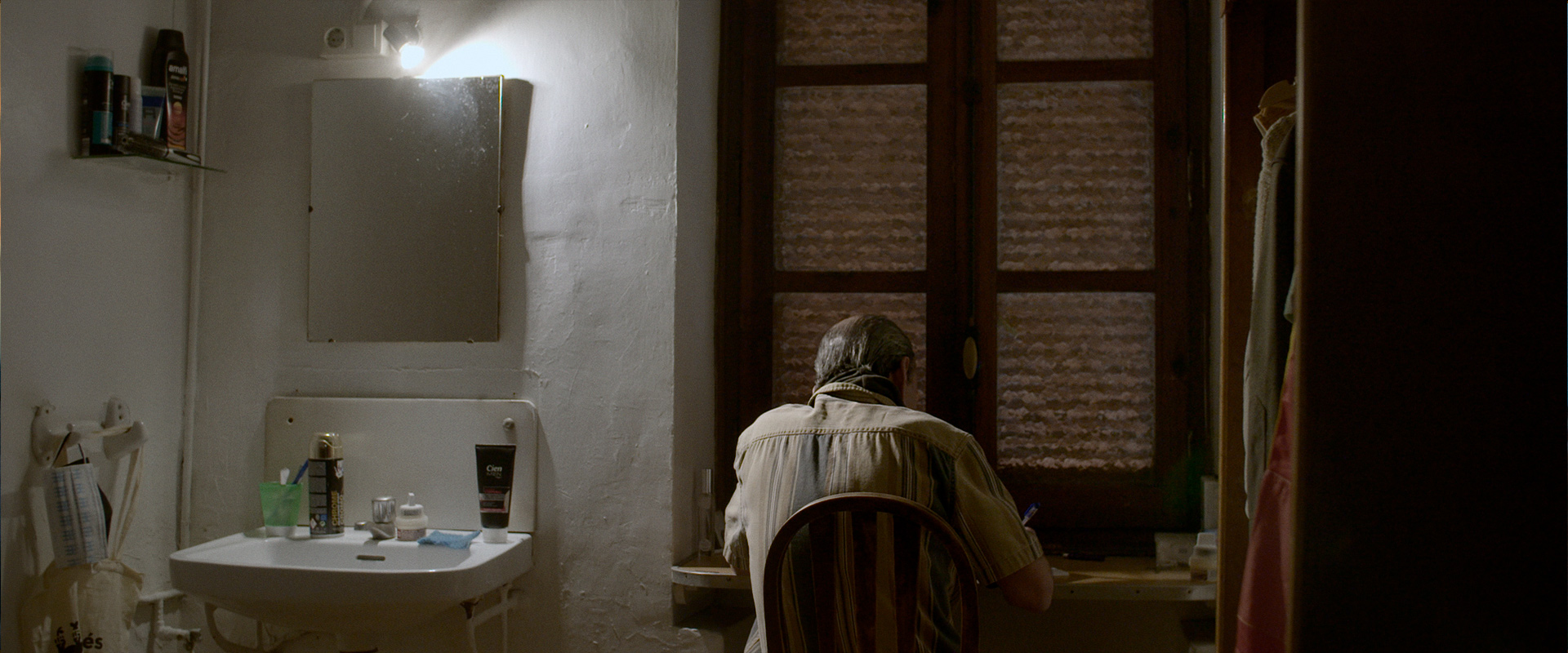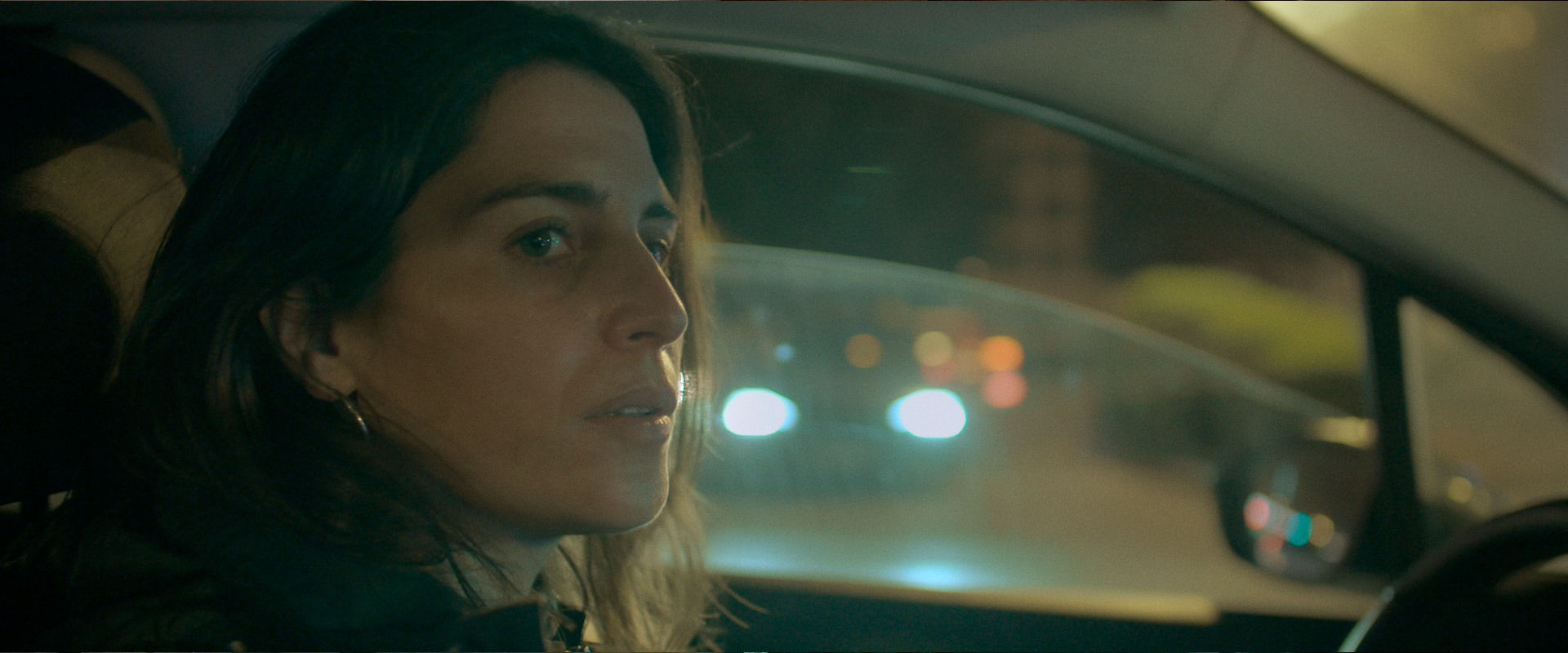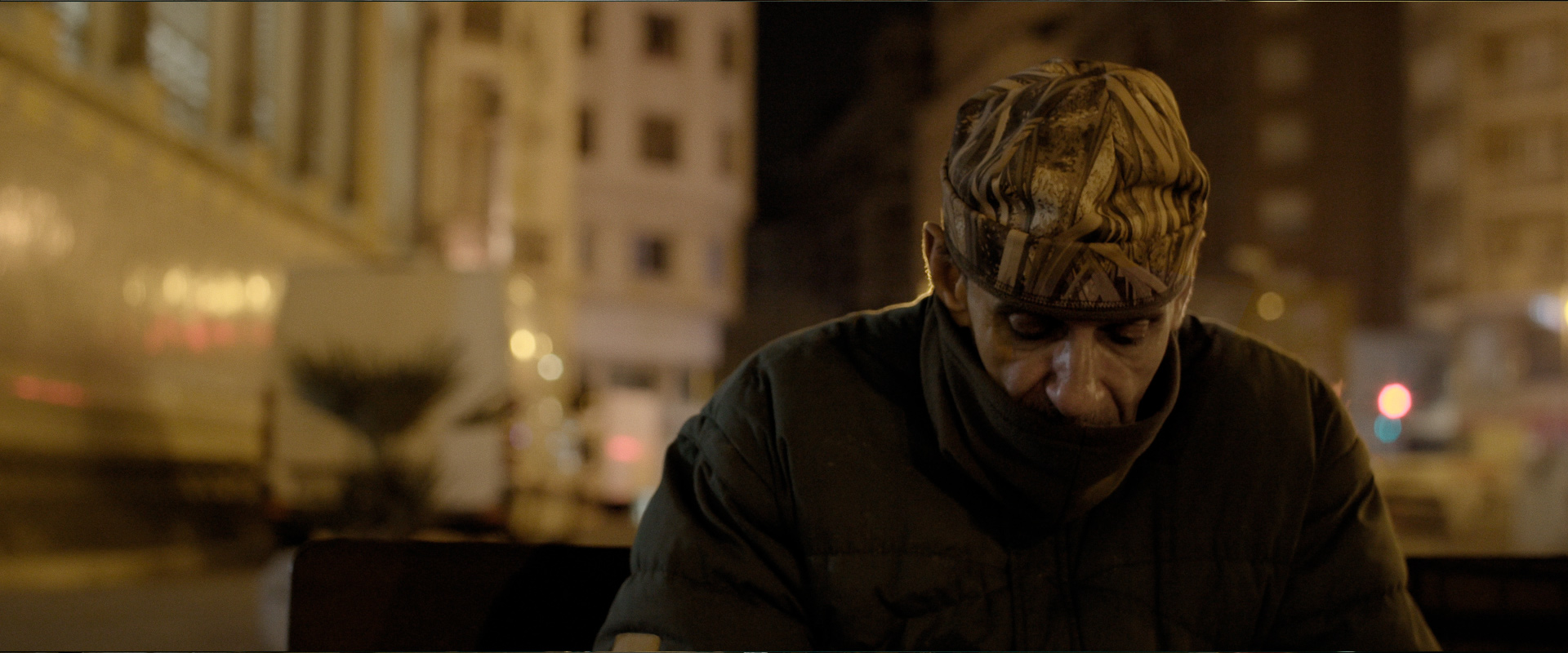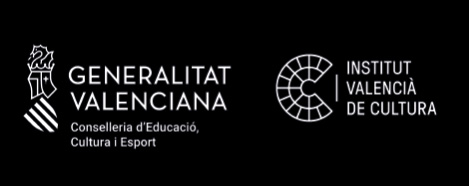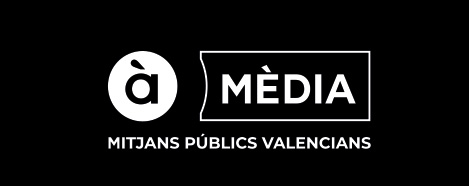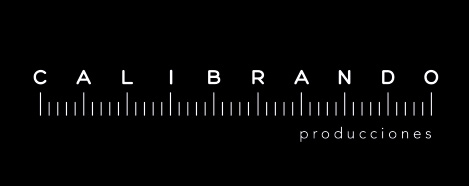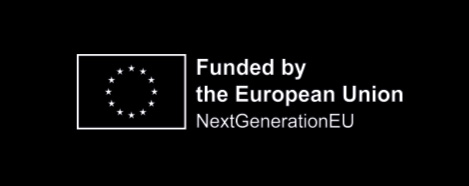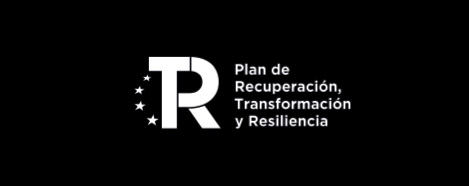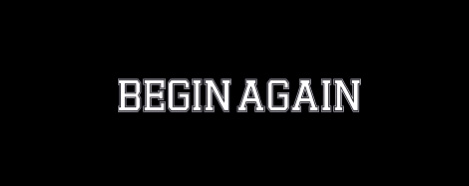

Sunday, November 19. Rizoma International Film and Culture Festival (19h, Cineteca. Madrid)
Monday, November 20. Errenteria Documentary and Human Rights Film Festival / Errenteriako Giza Eskubideen Zinema Dokumentalaren Jaialdia.
PROJECTIONS IN

“THE FILM COULD BE SHOT BY A KEN LOACH AT HIS BEST”
“THE FILM COULD BE SHOT BY A KEN LOACH AT HIS BEST”
“THE FILM COULD BE SHOT BY A KEN LOACH AT HIS BEST”
“THE FILM COULD BE SHOT BY A KEN LOACH AT HIS BEST”
“THE FILM COULD BE SHOT BY A KEN LOACH AT HIS BEST”
“THE FILM COULD BE SHOT BY A KEN LOACH AT HIS BEST”
Días de Cine – RTVE
I HAD A LIFE
Watch trailer
Running time
Genre
Director
Screenwriter
Production
DOP
Sound Design
Music
Production company
International distribution
Production year
Jesús arrives at a housing and employment reincorporation centre, after living on the streets for a decade. Now Jesús’ life is full of rules. His struggle doesn’t make sense if he is not free to make his own decisions.
After years depending on social services he leaves the programme with all of the risks this decision entails. Elena, coordinator of the supervised accommodation, is writing her thesis on the reincorporation of homeless people.
When Jesús leaves, her research takes a turn and she focuses her thesis on Jesús’ life story. Elena becomes his only emotional support.
-SPECIAL MENTION. LAS PALMAS INTERNATIONAL FILM FESTIVAL (Spain)
WIPs & LABs
-SEMILLERU LAB AWARD/DCP DELUXE AWARD – XIXÓN INTERNATIONAL FILM FESTIVAL (Spain)
-BEST PROJECT AWARD PLATFORM VLC DOCS (Spain)
-DOCSMX IMPACT LAB AWARD – DOCSUR MIRADASDOC (Spain)
FESTIVALS
-OFFICIAL DOCUMENTARY FEATURE FILMS SECTION. MÁLAGA FILM FESTIVAL (Spain)
-CANARIAS CINEMA OFFICIAL SECTION. LPA INTERNATIONAL FILM FESTIVAL (Spain)
-MIRADES OFFICIAL SECTION. DOCSVALÈNCIA – ESPAI DE NO FICCIÓ (Spain)
-OFFICIAL SECTION. ALCANCES – DOCUMENTARY FILM FESTIVAL (Spain)
-MIRADAS RIZOMÁTICAS OFFICIAL SECTION. RIZOMA INTERNATIONAL FILM FESTIVAL (Spain)
WIPs & LABs
-AGORA DOCS IN PROGRESS – THESSALONIKI DOCUMENTARY FESTIVAL (Greece)
-LABORATORY FOR THE DEVELOPMENT OF CREATIVE DOCUMENTARY PROJECTS IN THE CANARY ISLANDS – CREADOC (Spain)
-DOCS MX IMPACT LAB (Mexico)
MARKETS
-INDUSTRY NEBULAE – DOCLISBOA INTERNATIONAL FILM FESTIVAL (Portugal)
-VISIONS DU RÉEL FILMMARKET (Switzerland)
-DOK FILM MARKET – DOK LEIPZIG (Germany)

#YOTENÍAUNAVIDA
What the world is telling of #YOTENÍAUNAVIDA
Press and reviews
Discover the latest news

